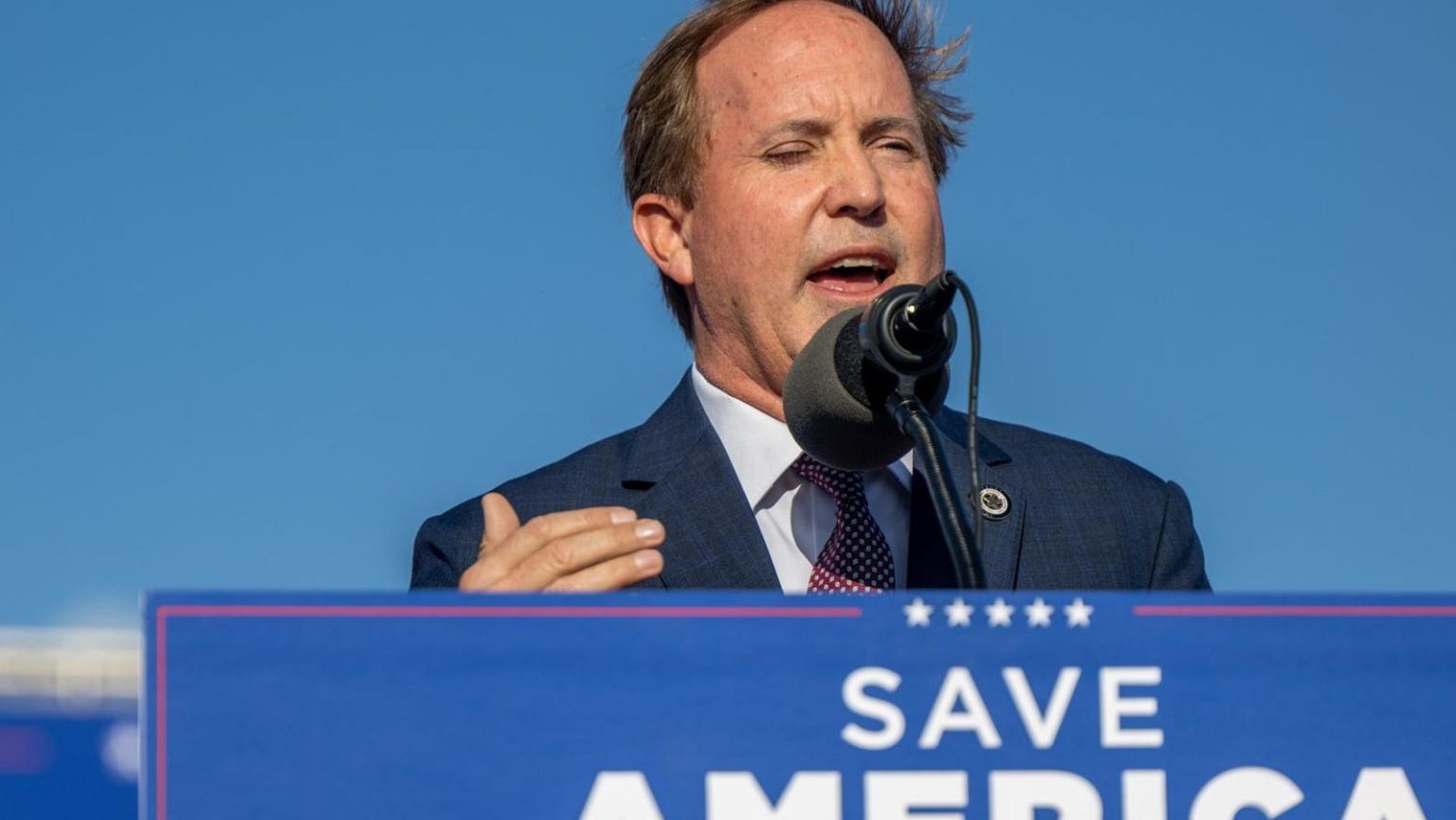Texas Attorney General Ken Paxton has criticized banks for acting like political activists rather than banks, but is himself supporting legislation that restricts governmental bodies in Texas from doing business with financial institutions seen as hostile towards firearms or fossil fuels. This move by Texas Republicans has surprised many, as it is typically associated with Democrats rather than Republicans. If a similar situation were to occur in liberal states like California or New York, Republicans would likely criticize such actions for interfering with the private sector.
While some on the right may argue that limiting the business activities of certain banks in Texas is a way to prevent government growth, it has led to unintended consequences. Major banks such as Citigroup, Wells Fargo, Bank of America, and J.P. Morgan have faced restrictions in Texas, resulting in them discontinuing or shrinking their municipal bond issuance operations. This has led to smaller financial institutions stepping in to fill the gap, but at higher costs for taxpayers in Texas.
The limitations imposed on certain banks in Texas have shifted business to smaller financial institutions, but at a cost to taxpayers. The higher interest costs incurred as a result of this shift will ultimately be passed on to taxpayers, who are not likely to welcome the increased financial burden. Additionally, the actions of Texas Republicans in harassing financial institutions and forcing them to prove they do not boycott energy companies goes against traditional Republican views of limited government interference in business.
The actions of Texas Republicans in targeting banks seen as “woke” have not had the desired effect of limiting government growth. Rather, they have resulted in higher costs for taxpayers and a shift of business to smaller financial institutions. This has raised concerns about the role of government in dictating how banks should conduct their business, and the unintended consequences of such actions on the economy. Instead, the focus should be on promoting a thriving private sector without government interference.
Overall, the situation in Texas highlights the challenges of balancing government intervention with free market principles. While some may support limiting the activities of banks deemed hostile towards certain industries, the consequences of such actions must be carefully considered. Ultimately, the goal should be to create an environment where businesses can operate freely and compete without undue political pressure or interference.


